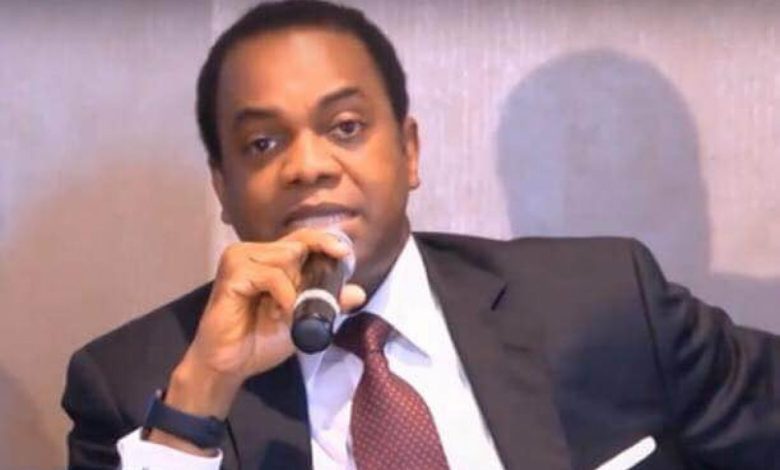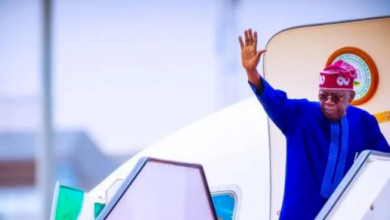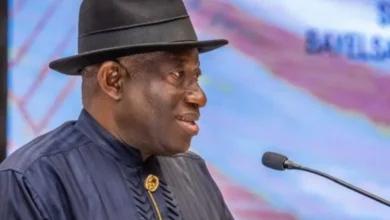You’ve failed for buying new aircraft when Nigerians are hungry, Duke tells Tinubu


Former governor of Cross River State, Donald Duke, has tackled President Bola Tinubu for “living large” while Nigerians are hungry.
Nigerians are going through perhaps the worst economic crisis the country has faced since its independence but that did not stop the Presidency from purchasing a yacht for Tinubu last year, and a new jet this year.
Duke, a former member of the Peoples Democratic Party (PDP), was a guest on Inside Spurces with Laolu Akande, a socio-political programme aired on Channels Television on Friday.
“There is no glamour in saying your people are going through hard times. It’s a failure of your leadership. If I’m the head of a family, I want my family to have everything. I don’t want life to be difficult for them”, the former governor said.
“If life is difficult then I feel I’ve failed to provide for them or do the things I ought to have done. I’d ask him (Tinubu) to see the Nigerian nation as his family. What is good for his family is good for the nation,” the former governor said.
“Buying a new aircraft or yacht or living large is a failure. You can’t have kids who are hungry and you are living lavishly, going to parties and wearing the biggest agbada”.
Duke, who was governor of Cross River State between 1999 and 2007, said the recent #EndBadGovernance nationwide protests by hungry Nigerians showed that the president has not been a good father to Nigerians.
“A protest is like your kids coming to tell you that ‘Daddy, I am not happy with you. You have failed to do this and do that for me’,” he said.
“I’d ask him (Tinubu) to rethink a number of things that are going on and test his policies. The policy of floating the currency was a mistake because it wasn’t thought through.
“The largest pressure on the Nigerian currency is the importation of fuel, and the way it is being done, it is fuelled by corruption. So, we are paying the price for it.”
Duke tasked the President to hold security agencies responsible, reform the judiciary, and address the economy with local indigenous solutions, far from those of the Bretton Woods system.




